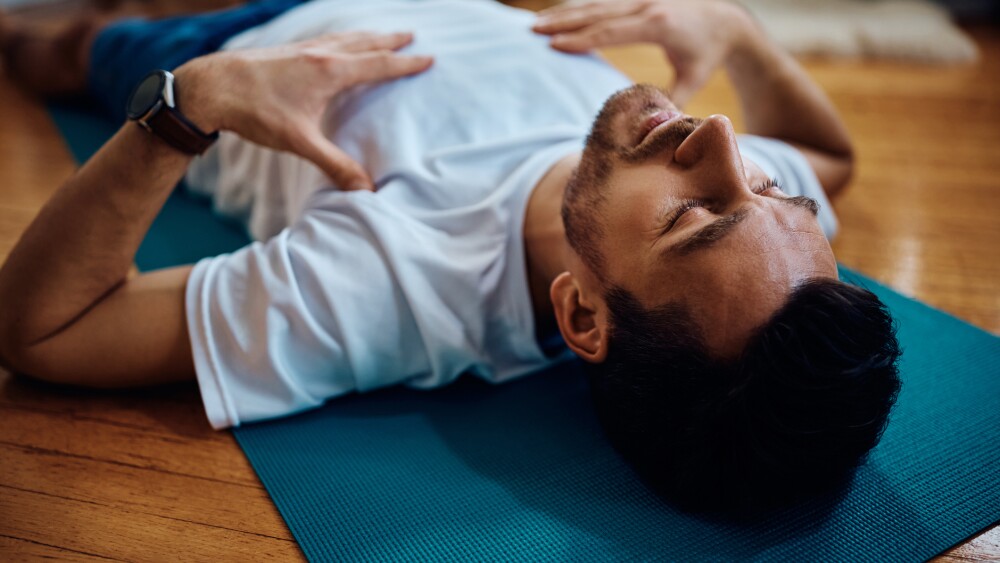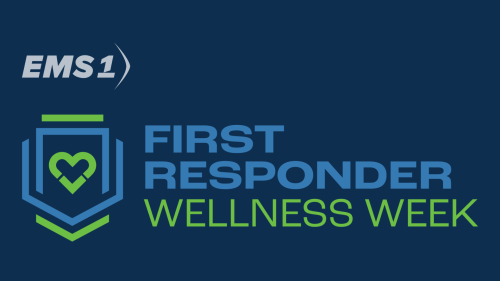Editor’s note: The Women in Emergency Services (WiES) “Ask Laurie” column provides advice for those challenges that leave us stressed and overthinking in the workplace. In “Ask Laurie,” Laurie Thiel, the CEO of Mobile Medical Response in Michigan, hopes to encourage and coach all women proudly serving in EMS.
Have a question? Ask Laurie! Want to see more “Ask Laurie” questions and responses? Join Women in Emergency Services and access the member-only community for more.
Q: How can I become more resilient at work?
Laurie Thiel: Unjust, stressful and frustrating situations happen in the workplace all the time that we should expect to encounter. Resilience means working your way through those situations. Women classified as “resilient” maintain a sense of control in their thoughts and actions emotionally and mentally. A resilient woman keeps moving forward and doesn’t let herself get stuck.
Difficult work situations left unaddressed will only continue to linger in your mind, leaving you tired and irritable. You will only replay the situation repeatedly without reaching any solution. It’s like being on a stationary bike, feeling the exhaustion pulling out of you, but you’re going nowhere.
Often, our instinct is to run when things get tough at work. We think finding employment elsewhere will fix the situation we’re currently dealing with, but it doesn’t. It’s a temporary fix because the problematic situation you or I may be going through today will likely resurface in another job with different people.
There are three tips that I find most useful:
- Make sure you find yourself a mentor who will help you work through challenging situations in a safe space (like a Women in Emergency Services mentor).
- Always work to resolve the issue. Don’t let things linger on. Take control.
- Practice mindfulness. Those are typically spiritual practices, such as journaling, meditating or quiet prayer time. There are plenty of tips online also to consider.
When my husband passed away, my primary care physician referred to me as resilient. I didn’t know what that meant at the time, but I’ve learned over time that it simply meant I wasn’t falling apart mentally or emotionally. During that time, I kept myself very busy physically outdoors to help burn off anxiety and adrenalin. I built some fantastic gardens during that time. And I lean on spiritual practices daily. That means a lot of prayer time, writing and self-reflection.







